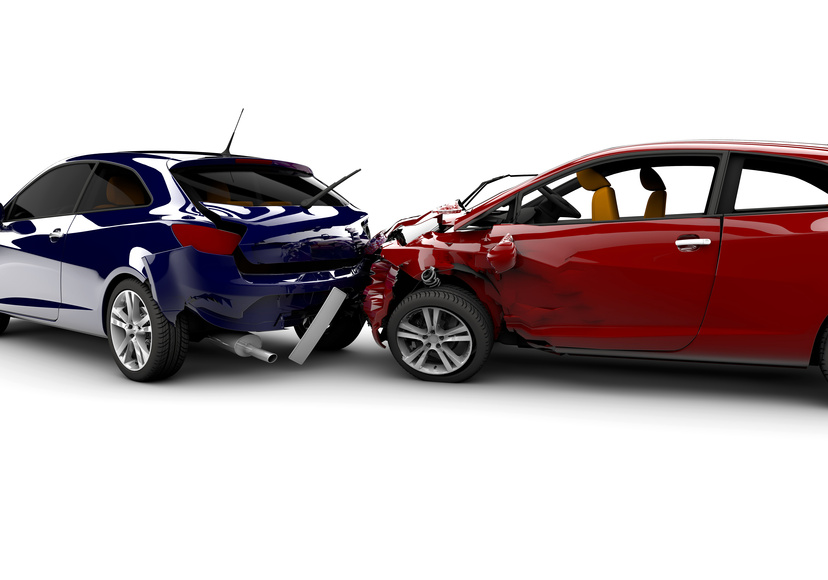Millions of Recalled Used Cars Sold to Customers Each Year Thanks to Regulatory Loophole
2 min read

David Clayton was driving on the highway last fall in his recently bought Ram pickup when the rear axle of his car locked. Clayton almost lost control of the vehicle but was able to get it to the side of the highway before colliding with anyone else on the road. “It could have killed me,” says Clayton.
As it turns out, Chrysler knew about the axle defect in his car, and had subsequently ordered a recall before Clayton bought it used last summer. But the dealer who sold him the car never had it repaired, and under law, was not required to do so.
The U.S. has no law regarding used and rental vehicle recalls. While new cars must be repaired before their sale, both rental companies and used car dealers can take care of problems as they see fit — and in many cases, they end up seeing it fit to do no repairs at all. Quantifying this risky loophole is the fact that no one is required to disclose these recall issues to the customer, either.
It’s likely that the laws will change soon. As regulators point out, this is a major safety loophole in the industry, and many major rental companies have already agreed to fix cars before renting them even before such a ruling becomes law. It’s not a case of just a few cars being affected, either — in 2013, car dealerships sold over 15 million new and used vehicles. A 2011 study by vehicle history report company Carfax indicated that there were around 2.7 million used vehicles listed for sale that had unfulfilled recalls.
The National Highway Traffic Safety Administration, or NHTSA, does not currently have the authority to require used-car dealers to make repairs or disclose recalls with customers. Noting that unfulfilled recalls are inherently exposing consumers to safety risks, David Strickland, NHTSA administrator, has high hopes for change. “The consumer should be well aware of a vehicle’s status at the time of purchase, whether from a used-car dealer, an individual or a car rental company.”
Although manufacturers do make an effort to inform car buyers of recalls, it can be difficult to do so once the car has changed ownership several times. NHTSA research also indicates that many people move, and don’t think to register their changed address with the car manufacturer. For this reason, for their own protection, used car buyers should practice due diligence and do a quick online search for recalls on their model before purchasing.





